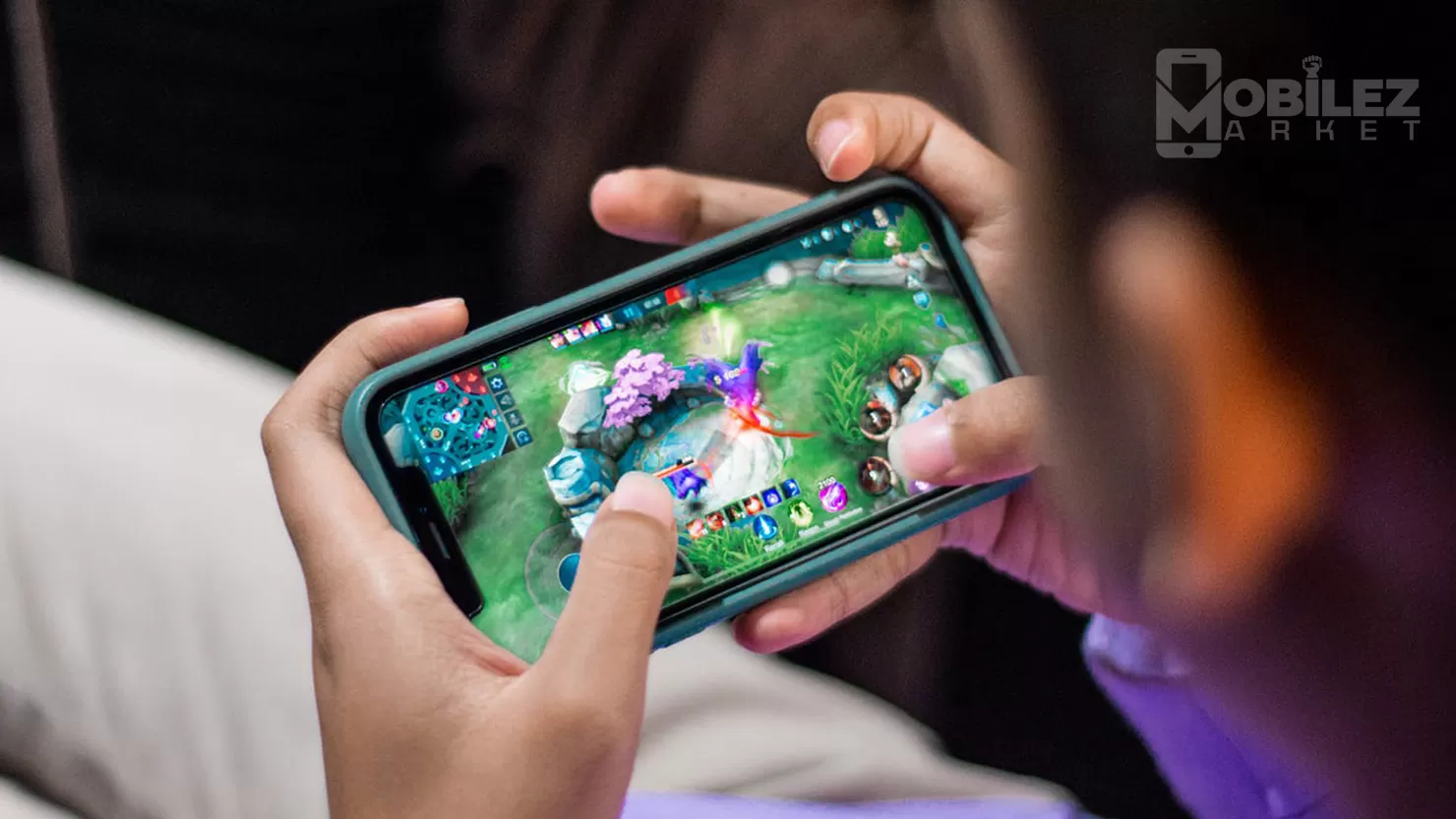"Mobile Gaming Revolution | How Smartphones Are Changing the Gaming Industry"
Introduction:
The advent of smartphones has revolutionized the gaming industry, transforming the way people play and interact with games. With powerful hardware, immersive graphics, and innovative gameplay mechanics, smartphones have become the go-to platform for gaming enthusiasts of all ages. In this blog post, we'll explore the mobile gaming revolution and how smartphones are reshaping the gaming landscape.
The Rise of Mobile Gaming:
- Explosion of Smartphone Ownership: The widespread adoption of smartphones globally has led to a massive increase in the number of mobile gamers, with millions of users playing games on their devices daily.
- Accessibility and Convenience: Smartphones offer unparalleled accessibility and convenience, allowing users to play games anytime, anywhere, without the need for dedicated gaming consoles or PCs.
- Diverse Game Selection: Mobile app stores boast a vast selection of games across various genres, including casual, puzzle, strategy, action, and multiplayer games, catering to a wide range of preferences and interests.
Technological Advancements:
- Hardware Improvements: Advances in smartphone hardware, including faster processors, high-resolution displays, and improved graphics capabilities, have enabled developers to create more graphically intensive and immersive games.
- Touchscreen Controls: Touchscreen interfaces provide intuitive and responsive controls for gaming, allowing for a seamless and immersive gameplay experience directly on the device's screen.
- Augmented Reality (AR) and Virtual Reality (VR): Smartphones support AR and VR technologies, enabling developers to create immersive gaming experiences that blend the virtual world with the real world, enhancing immersion and interactivity.
Social and Multiplayer Gaming:
- Social Integration: Mobile games often feature social integration, allowing players to connect with friends, compete against each other, and share achievements and progress on social media platforms.
- Multiplayer Capabilities: Many mobile games offer multiplayer modes, enabling players to collaborate or compete with friends and strangers in real-time, fostering a sense of community and camaraderie among players.
Freemium and In-App Purchases:
- Freemium Model: The freemium model, where games are free to download and play but offer in-app purchases for virtual goods, power-ups, or additional content, has become prevalent in the mobile gaming industry.
- Monetization Strategies: In-app purchases, ads, and sponsorships are common monetization strategies used by mobile game developers to generate revenue, allowing for free or low-cost access to games while still generating income.
Gaming Communities and Streaming:
- Community Engagement: Mobile gaming has given rise to vibrant communities of players who share tips, strategies, and gameplay experiences on forums, social media, and dedicated gaming platforms.
- Streaming Platforms: Platforms like Twitch and YouTube Gaming have become popular destinations for mobile gamers to stream their gameplay, interact with viewers, and build a following.
Mobile eSports and Competitive Gaming:
- Rise of Mobile eSports: Mobile gaming has entered the realm of eSports, with competitive tournaments and leagues organized around popular mobile games such as PUBG Mobile, Fortnite, and Clash Royale.
- Professional Players and Teams: Professional eSports organizations and players have emerged in the mobile gaming scene, competing for prize pools and sponsorships in high-profile tournaments and events.
Impact on Traditional Gaming Platforms:
- Competition with Consoles and PCs: Mobile gaming has emerged as a formidable competitor to traditional gaming platforms such as consoles and PCs, offering comparable gaming experiences at a fraction of the cost.
- Expansion of Gaming Audience: The accessibility and affordability of mobile gaming have expanded the gaming audience, attracting casual gamers, non-traditional gamers, and individuals who may not have access to dedicated gaming hardware.
Conclusion:
The mobile gaming revolution has ushered in a new era of gaming, empowering millions of players worldwide to experience immersive and engaging gameplay experiences on their smartphones. With technological advancements, social integration, and a diverse selection of games, smartphones are redefining the gaming industry and challenging the dominance of traditional gaming platforms. As mobile gaming continues to evolve and innovate, it will undoubtedly shape the future of gaming and entertainment for years to come.


